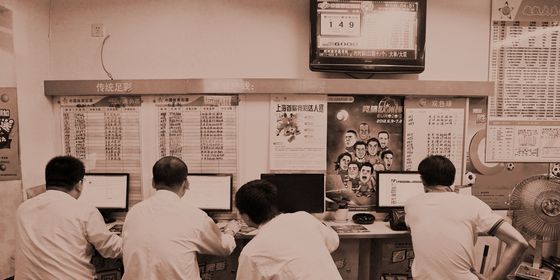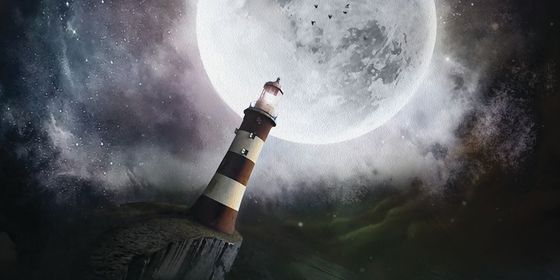A review of the new English translation of the Chi Ta-Wei's "The Membranes," an eerily relevant imagining of the future
June has passed, a month dedicated to the stories of the lesbian, gay, bisexual, transgender, and queer (LGBTQ+) community. In many parts of the world this means parades, festivals, and parties celebrated with fresh vigor after a cloistered 2020. For the literary world, this month of Pride kicked off with the English release of a Chinese-language queer sci-fi classic: Chi Ta-Wei’s The Membranes.
In Ari Larissa Heinrich’s adept translation, the prose of this Taiwanese 1995 novella arrives direct and declarative, like the semi-confessional writing that internet users committed to sites like LiveJournal around that time. It’s short, propulsive, and deceptively approachable. We very quickly understand the backstory of the protagonist Momo, told in wistful vignettes that reveal a future where all humanity has fled to the ocean’s floor to survive.
Chi presents a charming and somewhat naïve introduction to this disturbing future. The publishing industry flourishes—in this New Renaissance, writers can earn a living!—not in physical books or online publishing, but endless laserdiscs produced by MegaHard, a corporate behemoth that battles Microsoft and emerges victorious. Momo’s mother, a marketing Vice President at the company, helps distribute this plastic memory with useful tips on how to scrub away viruses and enjoy drugs without addiction. AIDS has been tamed with a mandatory vaccine, but the skin allergies it provokes—and the age of free love it awakens—create a booming market for the beauty industry, especially celebrity dermal care technicians like Momo.
Or so it seems.
Despite a bevy of technological marvels and perils, world-building is not the primary interest of Chi, who would go on to win multiple literary awards and analyze the island’s culture in Fetish Stories and
A Queer Invention in Taiwan. While the setting of The Membranes is filled with tropes familiar from Japanese anime, the narration is consumed with a dystopian identity flux, more like Philip K. Dick with hints of Judith Butler.
As science fiction, it charts a course vastly different from the mainland’s hard sci-fi, exemplified in Liu Cixin’s Three-Body Problem. It’s peppered with references to books and film, with subdued action like in an Ang Lee film, and questions from the narrator in similar style to European philosophical fiction—fittingly, the only prior translation was into French. From the first paragraph we’re invited to question everything about Momo’s reality. But, as in everyday life, the reader quickly forgets the troubling metaphysics as we’re drawn into the stream-of-conscious flow of reflections, anxiety, estranged intimacies, memories, schemes, and resolution.
In the layers of fiction that constitute Momo’s story—or more accurately, constitute Momo—Chi foreshadows a future that is quite queer, in the sense of breaking down sex and gender norms. Momo casually mentions she has two moms, that she’s traded one sexual anatomy for another, but that she’s been a girl throughout. The only man mentioned in the book loses himself in gay saunas and the search for “rough trade.”
Burst Your Bubble With Taiwan's Queer Sci-Fi Classic is a story from our issue, “Call of the Wild.” To read the entire issue, become a subscriber and receive the full magazine. Alternatively, you can purchase the digital version from the App Store.














